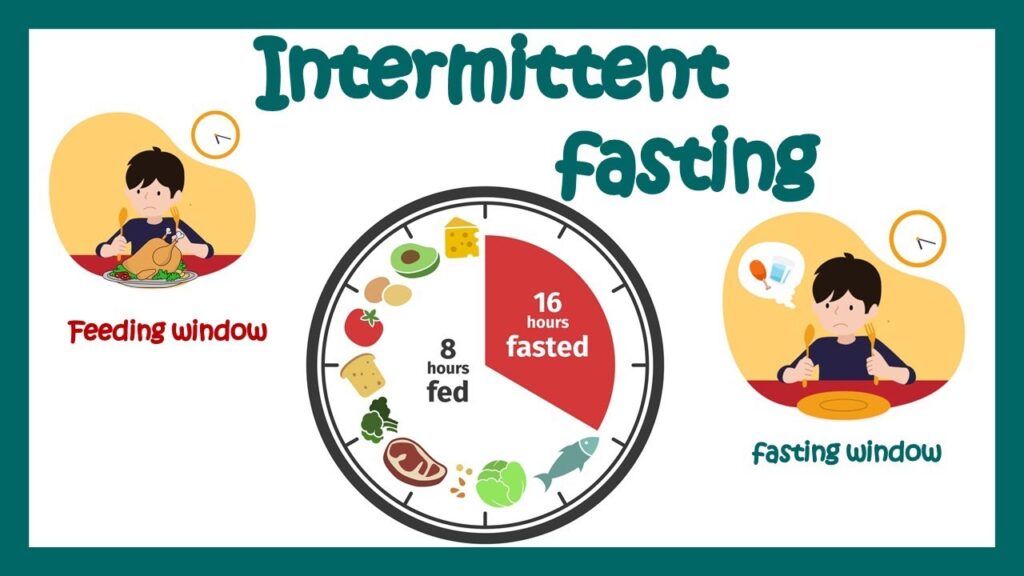Intermittent fasting (IF) has become one of the most popular health and fitness trends. But is it really effective? Does it actually help with weight loss and overall health, or is it just another fad? Let’s break it down and separate fact from fiction while exploring the best ways to practice intermittent fasting.
What is Intermittent Fasting?
Intermittent fasting is not a diet but an eating pattern that cycles between periods of eating and fasting. Instead of focusing on what to eat, it focuses on when to eat.
Common IF methods include:
✔️ 16/8 Method: Fast for 16 hours, eat within an 8-hour window.
✔️ 5:2 Diet: Eat normally for five days, consume only 500-600 calories on two non-consecutive days.
✔️ Eat-Stop-Eat: Fast for a full 24 hours once or twice a week.
✔️ Alternate-Day Fasting: Eat normally one day, then significantly reduce calorie intake the next.
Benefits of Intermittent Fasting
1️⃣ Aids in Weight Loss & Fat Burning
When you fast, insulin levels drop, and your body shifts to burning stored fat for energy. This can lead to effective and sustainable weight loss.
2️⃣ Boosts Metabolism & Supports Muscle Retention
Unlike traditional calorie restriction, intermittent fasting may preserve muscle mass while promoting fat loss.
3️⃣ Improves Heart Health
IF helps lower bad cholesterol (LDL), blood sugar, and inflammation, reducing the risk of heart disease.
4️⃣ Enhances Brain Function
Fasting promotes the production of brain-derived neurotrophic factor (BDNF), which supports brain health and may reduce the risk of neurodegenerative diseases like Alzheimer’s.
5️⃣ May Promote Longevity
Studies suggest that intermittent fasting can extend lifespan by improving cell repair and reducing oxidative stress.
Common Myths About Intermittent Fasting
🚫 “Skipping breakfast is unhealthy.” – There’s no solid proof that breakfast is essential for everyone. IF can work well even if you skip breakfast.
🚫 “Fasting slows down metabolism.” – Short-term fasting can actually boost metabolism by increasing norepinephrine levels.
🚫 “You’ll lose muscle if you fast.” – Proper IF with enough protein and resistance training helps retain muscle.
🚫 “You can eat anything during your eating window.” – IF is not an excuse to binge on junk food. A balanced diet is still key!
Best Practices for Successful Intermittent Fasting
✅ Stay Hydrated: Drink plenty of water, herbal teas, or black coffee during fasting periods.
✅ Start Slowly: If you’re new to fasting, ease into it by gradually increasing your fasting window.
✅ Eat Nutritious Meals: Focus on whole foods, lean proteins, healthy fats, and fiber to keep you full longer.
✅ Listen to Your Body: If you feel dizzy, overly fatigued, or unwell, adjust your fasting approach.
✅ Be Consistent: Like any habit, intermittent fasting works best when followed consistently.
Final Thoughts
Intermittent fasting can be a powerful tool for weight loss, metabolic health, and overall well-being—but it’s not for everyone. The key is to find a fasting routine that fits your lifestyle and listen to your body.
Have you tried intermittent fasting? Share your experience in the comments below! 🚀💪



